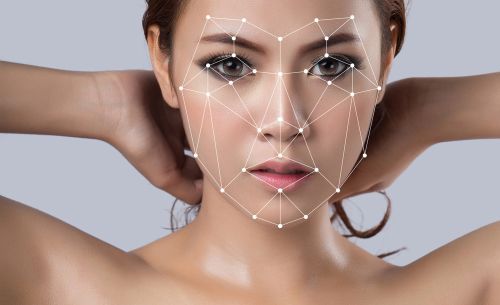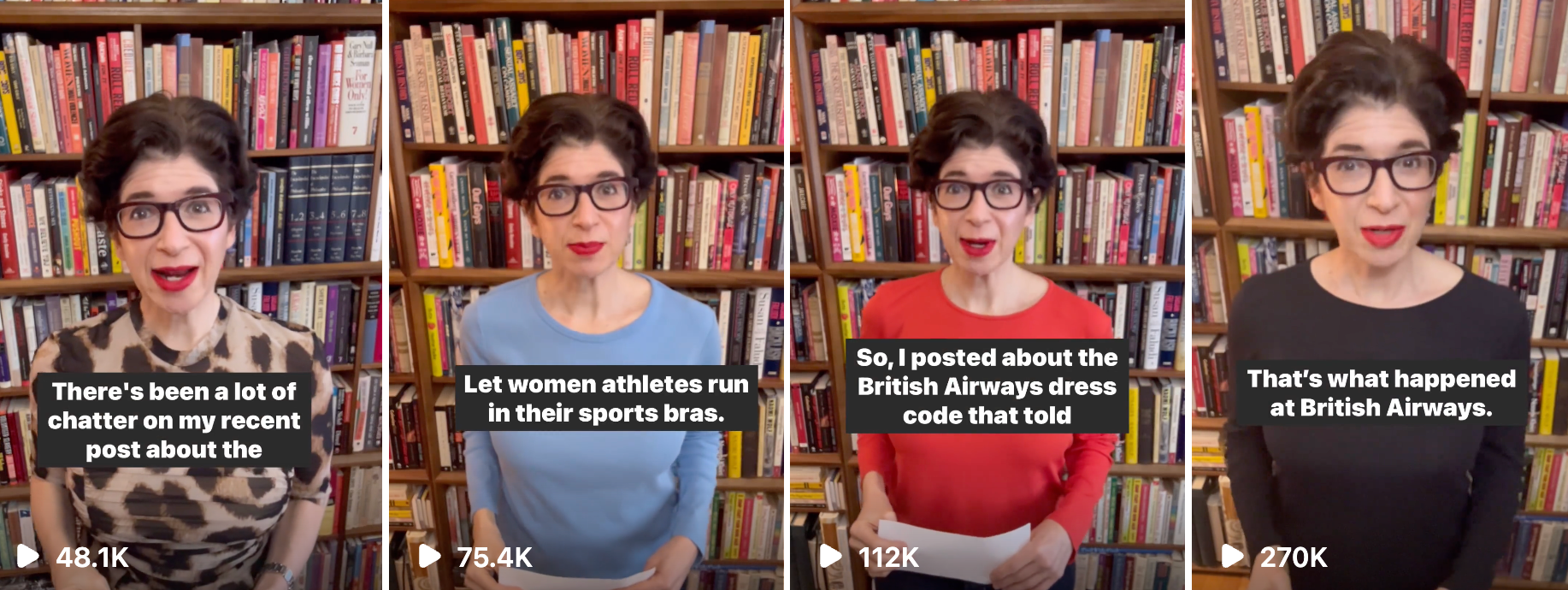Slut-shaming matters because when people are dismissed as sluts, hoes, and thots, they are denied care and compassion as human beings and in a variety of situations, including when they are sexually harassed, sexually assaulted, victimized by image-based sexual abuse ("revenge porn"), and need an abortion.
THE LEORA LETTER
April 18, 2024
Last month, I attended the 2024 Virtual Summit on Deepfake Abuse, organized by #MyImageMyChoice, where victims of synthetic non-consensual intimate images—known as “deepfakes”—shared stories of being sexually objectified and violated by strangers on the internet. Deepfake technology enables your face to be superimposed on another person’s body, including the body of someone engaged in sexual acts.
It is clear that the US urgently needs laws criminalizing the creation and distribution of these images.
Fake sexually explicit images of Taylor Swift went viral in 2024, with one image viewed 47 million times on X before it was taken down. In 2023, 143,000 new deepfake videos, many featuring underaged girls, were posted online, according to the Associated Press. Even middle-school students create and distribute fake naked photos of their classmates, as students in Beverly Hills, California discovered in 2024.
What had been a fringe practice just a few years ago has now become a mainstream industry, and it is a big business. Anyone can easily superimpose a facial image from one photograph onto an image of someone else’s body using “nudify” apps, which are available on the App store. Everyone is at risk, and by the time a fake photo is flagged and removed, millions may have seen it. Ben Colman, chief executive and co-founder of cybersecurity company Reality Defender told the New York Times, “The toothpaste is already out of the tube.”
Said actor and podcast host Sophia Bush at the conference, the quality of deepfakes has improved so greatly that “now you can’t tell what’s real and what’s not.” She added, “This is digital rape. It is a violation of your body.”

Here are a few things I learned:
· Girls, women, and members of marginalized groups are disproportionately targeted.
· They report that they experience serious, deep harm. It is deeply troubling to know that your identity is sexually objectified without your consent by strangers on the internet.
· These images trick us into thinking that what we are seeing is real.
· Because the images often appear authentic, victims often are not believed when they explain that
that what the eyes are seeing is not real.
· These images become part of people’s memories, even though they are synthetic.
“It’s not as imaginary as people want to make it seem,” said US Representative Alexandria Ocasio-Cortez (NY-D), herself a victim of this form of sexual abuse, to Rolling Stone. “It has real, real effects not just on the people that are victimized by it but on the people who see it and consume it.”
Key takeaway: Circulating sexual deepfakes is a form of sexual abuse—and it should be a federal crime.
What do you think? Email me and share your thoughts.
“Boys will be boys, and girls will be sluts.” — Leora Tanenbaum
Want to learn the difference between a compliment and a creepy comment? Check out my useful decoder.

